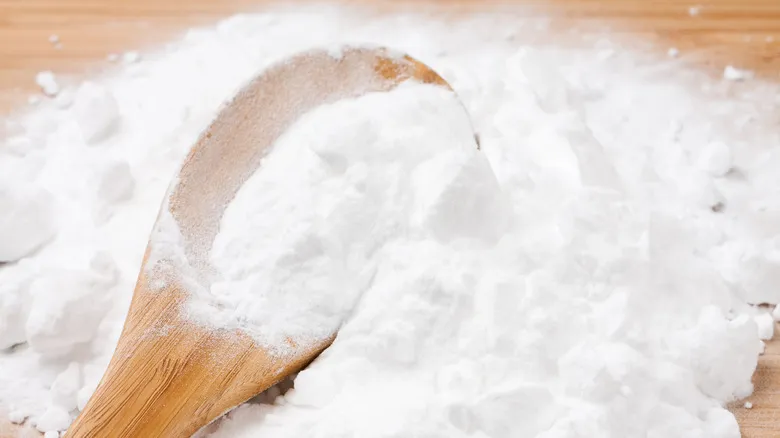Why do baking soda and baking powder lose their fizz over time?
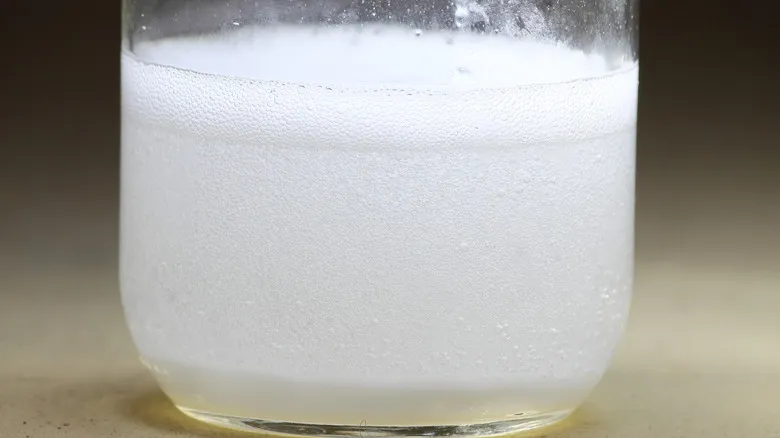
Even if you remember when you opened your baking soda and baking powder, testing them for freshness can provide a more precise and scientific approach. For baking soda, mix a small amount with hot water and vinegar in a bowl or cup. If it fizzes, it’s likely still effective. For baking powder, combine a small amount with hot water (omit the vinegar this time). If it fizzes, it’s probably still good.
When functioning correctly, both baking soda and baking powder release carbon dioxide when activated by an acid or liquid, which is the source of the characteristic fizz during your tests. However, if they are exposed to moisture over time, the active components in baking powder and baking soda can deteriorate. If this occurs, they won’t react in the liquid test and won’t work in your recipe either. To help prevent this, store your baking powder and baking soda in airtight containers, which can help prolong their shelf life.
Why the freshness of pantry items matters
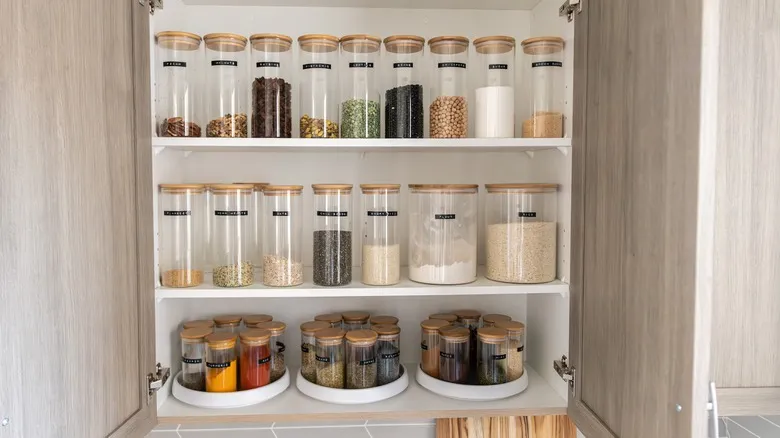
Another crucial factor to keep in mind is safety. Just because your baking powder or soda bubbles doesn't necessarily mean it's safe to consume. Fortunately, in most cases, eating expired pantry items is unlikely to cause illness. The USDA states that as long as food doesn't show obvious signs of spoilage, it is generally safe to eat. This is because the USDA does not mandate companies to provide safety-related expiration dates, with the exception of infant formula.
Instead, best-by dates indicate when these products are expected to be at their highest quality, as determined by the manufacturer, rather than their safety. In fact, there is no government regulation regarding expiration dates, allowing manufacturers to set these dates based on their own criteria. Consequently, it can be challenging to understand the meaning of various best-by and sell-by dates.
Nonetheless, the freshness of certain pantry items can significantly impact your dish. For instance, spices that are past their best-by date may lack flavor, resulting in bland food. Additionally, food can lose its nutritional value when exposed to light and air for prolonged periods. While using baking soda and baking powder that are no longer fresh may be safe, it could also compromise the quality of your dish.
Recommended
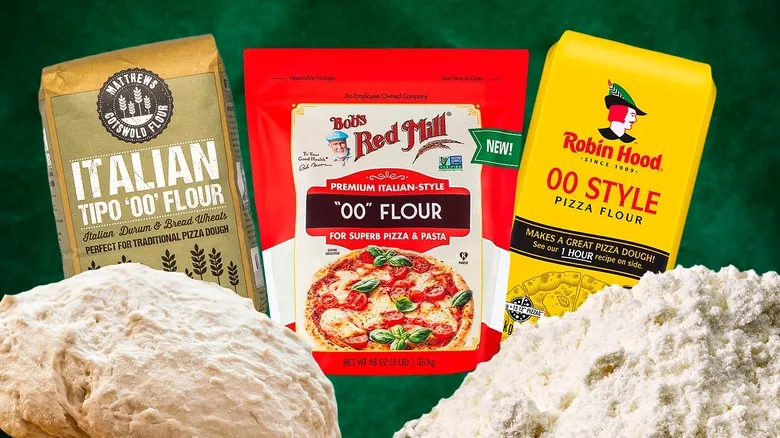
What Is 00 Flour And Why Does Your Recipe Call For It

Here's What You Should Serve With Lobster Tails
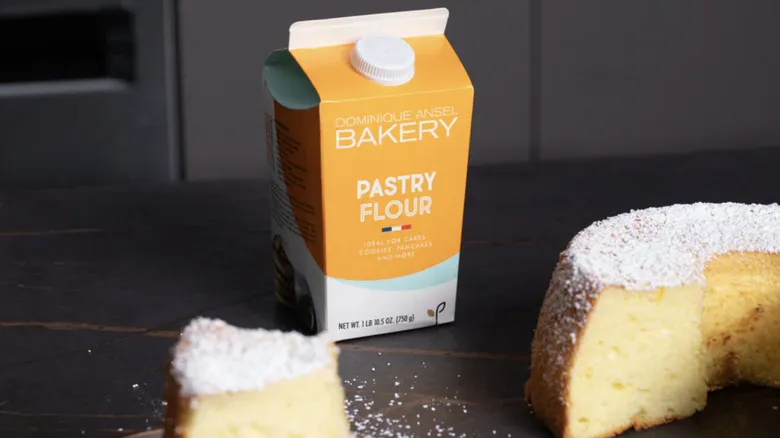
Is Dominique Ansel's Pastry Flour Worth The Price?
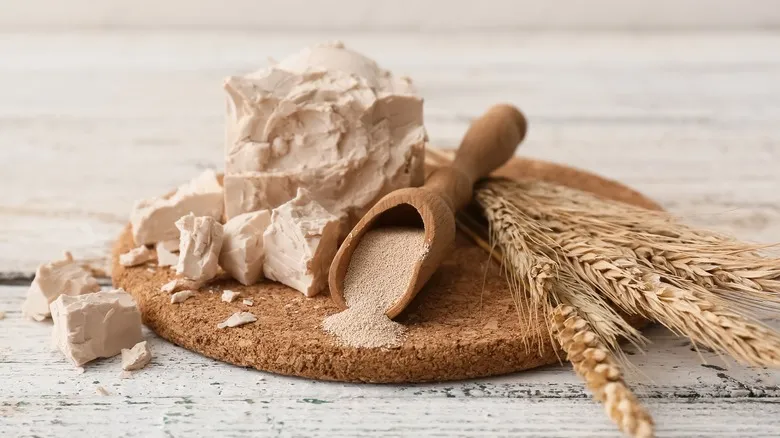
A Beginner's Guide To Baking With Yeast
Next up

